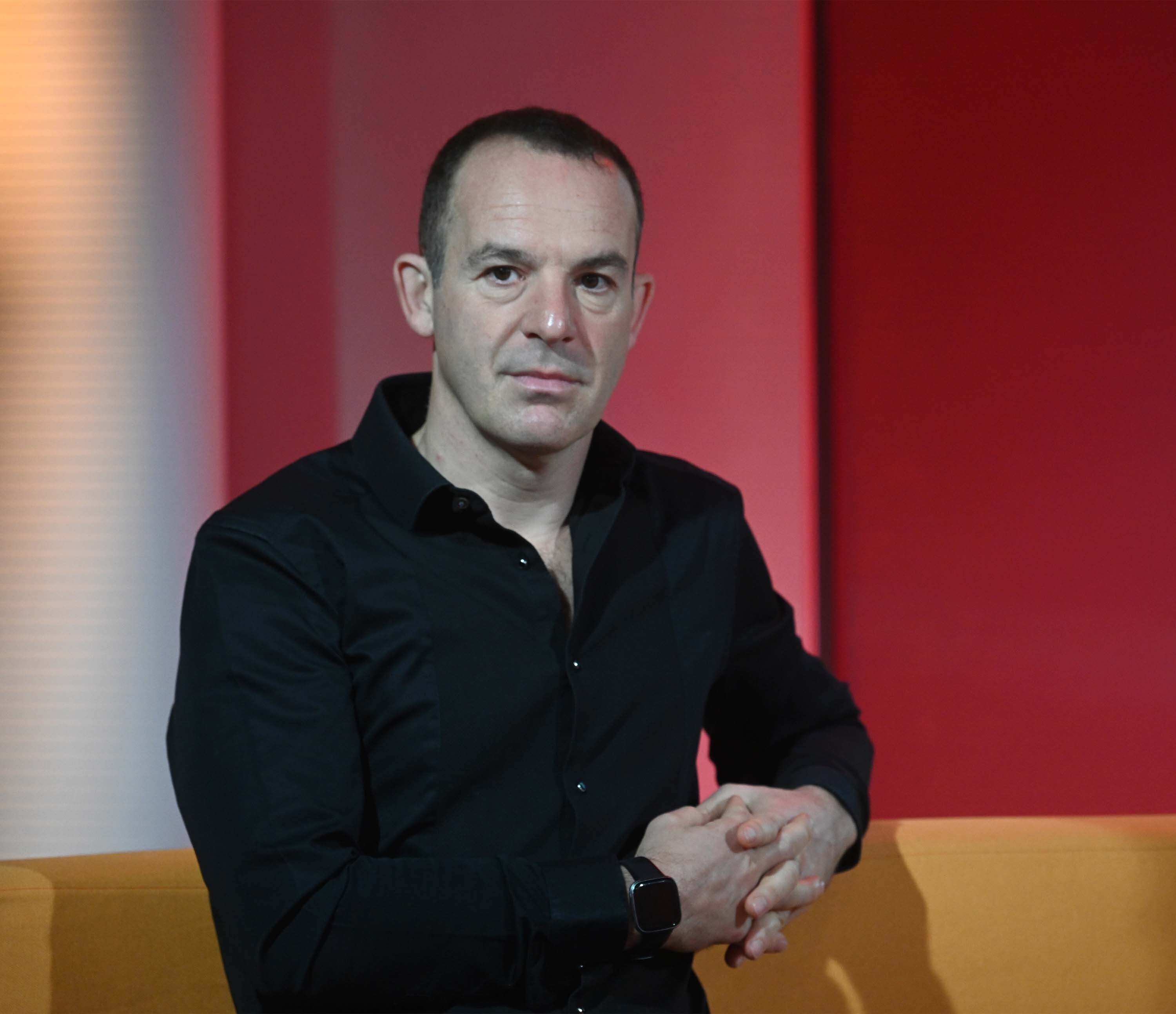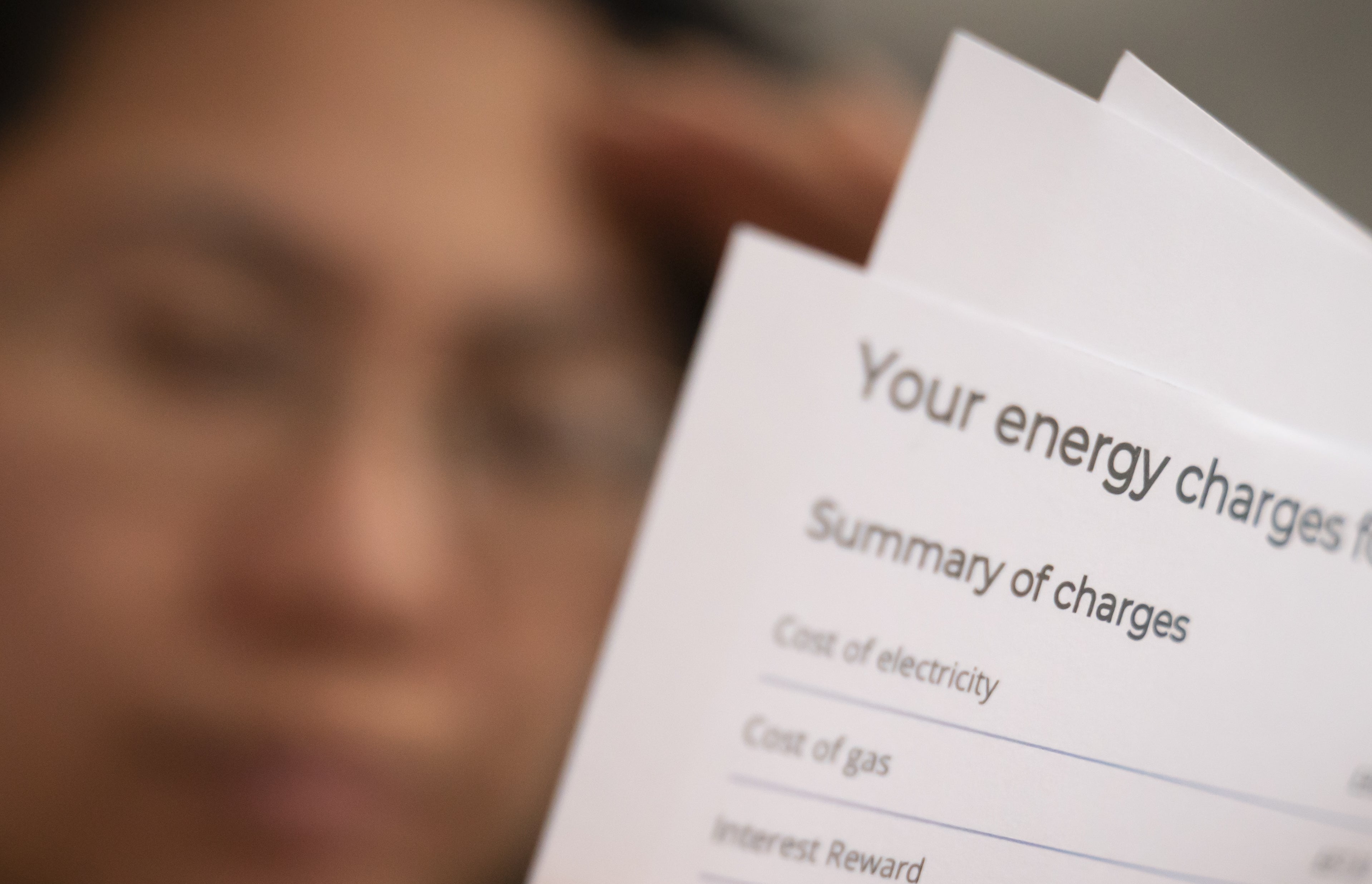Martin Lewis’ biggest concerns for the economy as UK faces a ‘financial emergency’
Money Saving Expert founder warns that country is in ‘pandemic scale national crisis’
Your support helps us to tell the story
From reproductive rights to climate change to Big Tech, The Independent is on the ground when the story is developing. Whether it's investigating the financials of Elon Musk's pro-Trump PAC or producing our latest documentary, 'The A Word', which shines a light on the American women fighting for reproductive rights, we know how important it is to parse out the facts from the messaging.
At such a critical moment in US history, we need reporters on the ground. Your donation allows us to keep sending journalists to speak to both sides of the story.
The Independent is trusted by Americans across the entire political spectrum. And unlike many other quality news outlets, we choose not to lock Americans out of our reporting and analysis with paywalls. We believe quality journalism should be available to everyone, paid for by those who can afford it.
Your support makes all the difference.Martin Lewis, the founder of Money Saving Expert (MSE), has warned of a “national crisis on the scale of the pandemic” as energy bills continue to soar.
Speaking on ITV’s Good Morning Britain, he said the country was in a “financial emergency” and “lives are at risk”.
With the economy crippled by a record-high inflation and energy prices catapulting, here are some of Mr Lewis’ biggest concerns.
‘Catastrophic’ energy bill cap increase
Ofgem is set to put the price cap at £4,266 for the average household in the three months from the beginning of January. The increasing price cap paired with the lack of competition in the energy market means households are left with almost no options to bring down their costs.
Breaking down the figures, Mr Lewis explained: “Based on current prediction which is likely to be right with a very small margin of error, for every £100 direct debit you currently pay, you will be paying £180 in October and £215 in January.
“That is a cataclysmic rise for households.”

He stressed the devastating impact this will have on “millions of households” who will “simply not be able to afford it”.
The consumer champion called on the Tory leadership candidates to take urgent action before the new prime minister is chosen in early September.
“When you know there’s a crisis of magnificent propotions coming, you start dealing with it now,” he said.
“They need to get together in the national interest to tell us the bare minimum of what they will do.”
‘Swallowed up’ energy bill rebate
Mr Lewis also ripped into the former budget chancellor’s energy rebate announcement in May.
A £400 reduction from all energy bills was promised by Mr Sunak in October to help households cope.
But in a “warning video” to households and Tory leadership candidates the MSE founder posted in July, he said that £400 help “has already been swallowed up”.
He added: “The increase in the prediction from when that was set in May – then, they thought October would be £2,800. Now we’re looking at £3,250. That £400 has gone, just by the increase in the prediction alone.”

In a tweet this week, Mr Lewis said Ofgem’s latest energy price hike will even swallow up the £1,200 help allotted for the poorest.
“This will leave many destitute,” he wrote. “Tax cuts won’t help poorest incl many elderly & disabled who’ve higher usage.”
Explosion of consumer debt and unaffordable mortgage rates
The MSE founder said he suspects that credit card debt “will explode” after 1 October which will be “crippling to individuals and the economy”.
Mr Lewis said that while bank interest rates have shot up, their saving rates are much lower in comparison.
“Either than needs to be fixed, or we need to mandate much better forbearance measures for those in the worst types of debts,” he said.
It comes as the Bank of England has raised interest rates to 1.75 per cent from 1.25 per cent – the highest level since January 2009 and the biggest rise in 27 years.

Mr Lewis voiced his concerns about rising mortgage rates, saying that “the cheapest fixes back in October were just below one per cent”.
“Now they’re just below 3 per cent, adding £200 a month to a £200,000 mortgage.
“Now, many are, of course, protected because they’re still on fixed rates, not variable rates. But millions of those are due to end this year, and many more next year.
“My concern is when people try and get that cheapest deal, they must pass an affordability test.
“And as the cost of living crunch bites, many of those who were just above the limit, hundreds of thousands, or potentially millions of people, will fail.
“Or some people will just pay a higher rate mortgage, not get the cheapest fix; others will not be able to move lender and will be stuck on their own lender and there’ll be no advantage of competition.”





Join our commenting forum
Join thought-provoking conversations, follow other Independent readers and see their replies
Comments